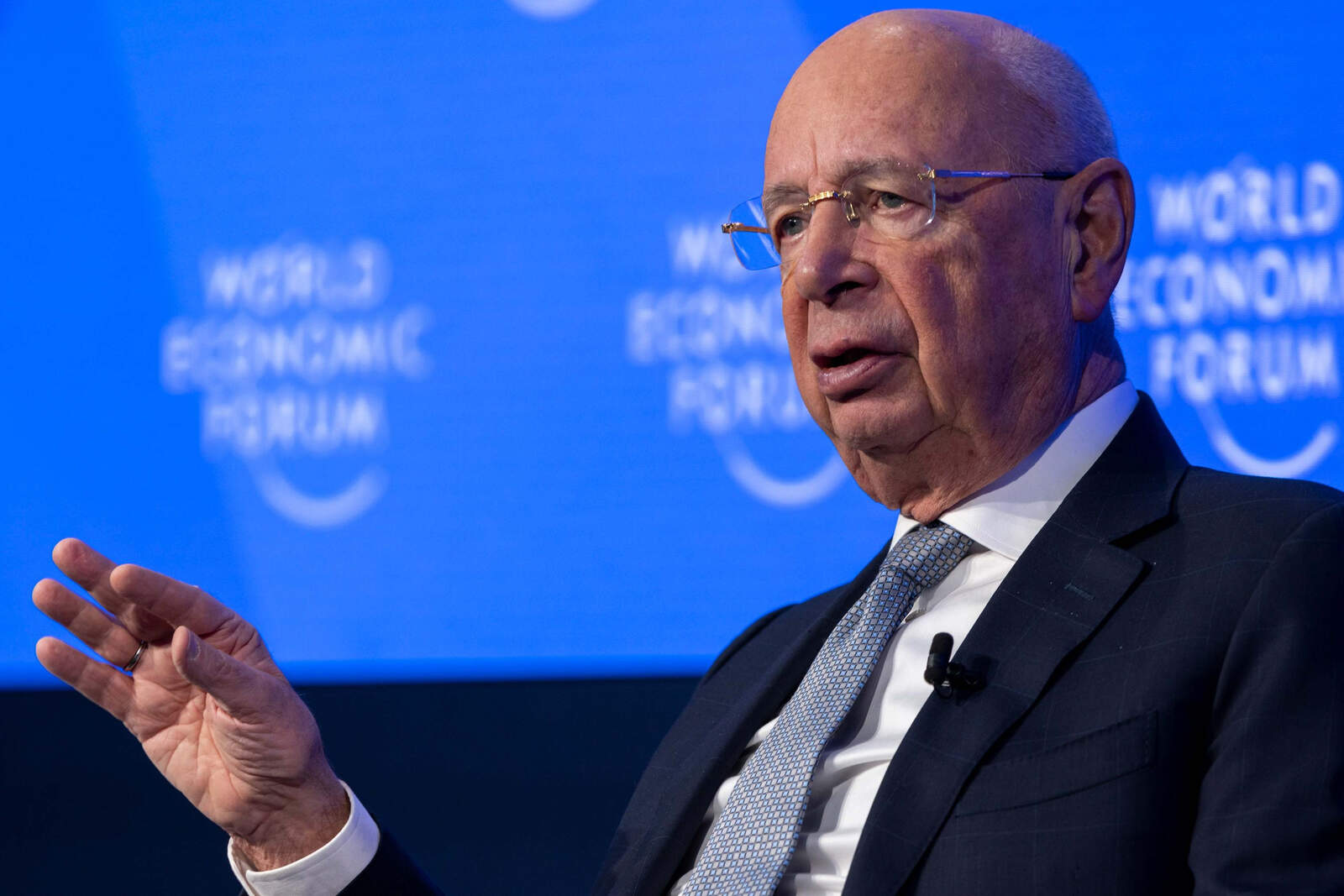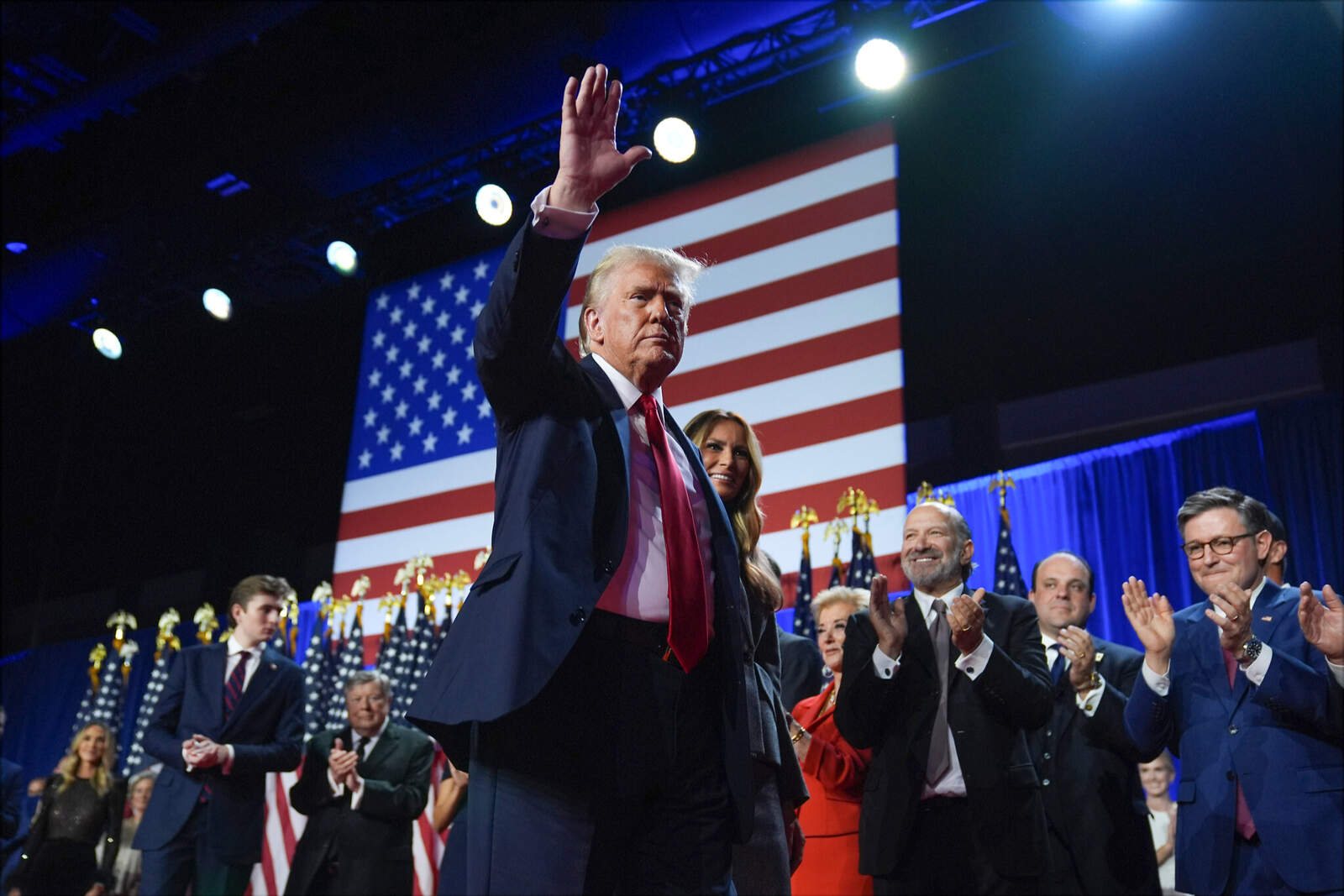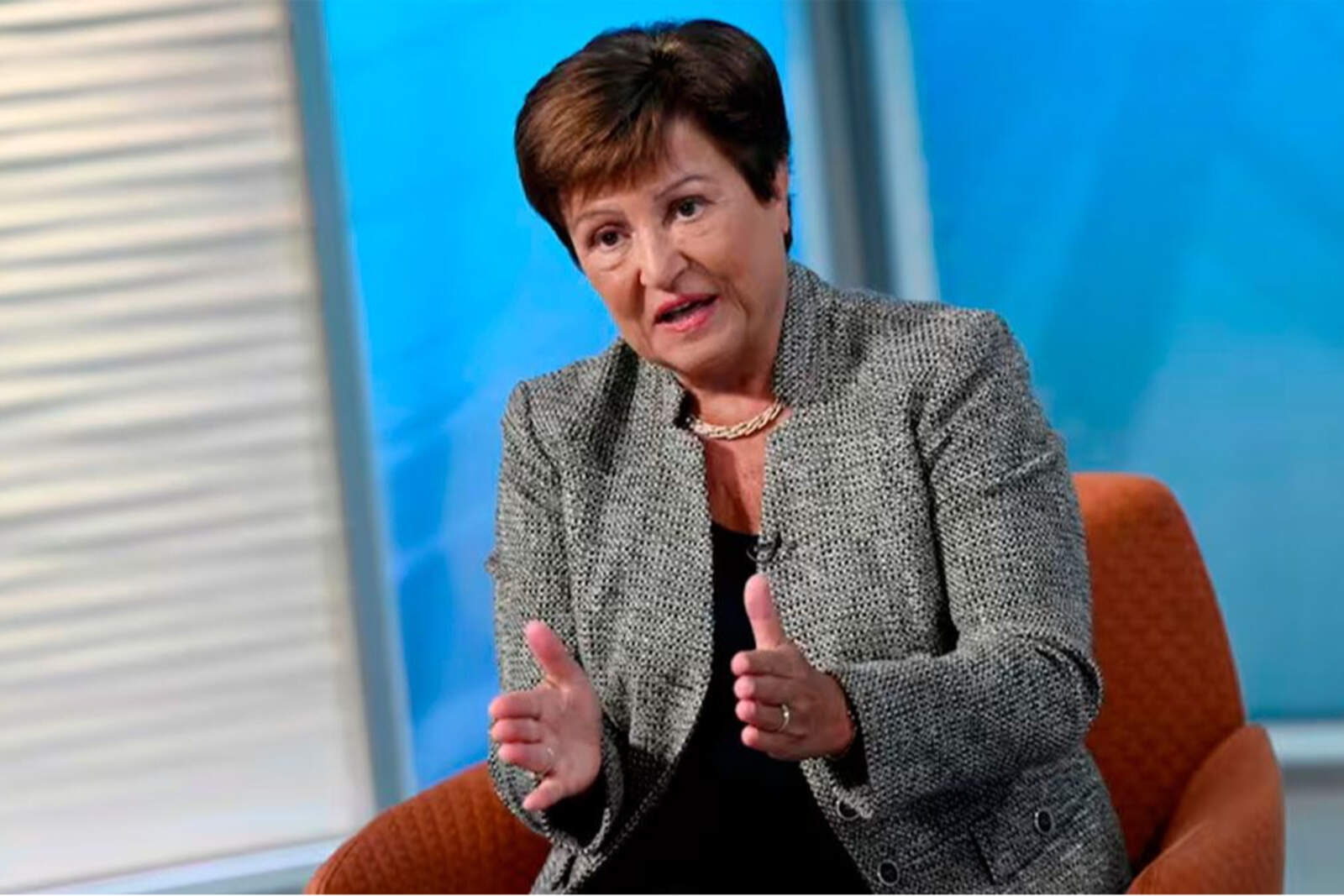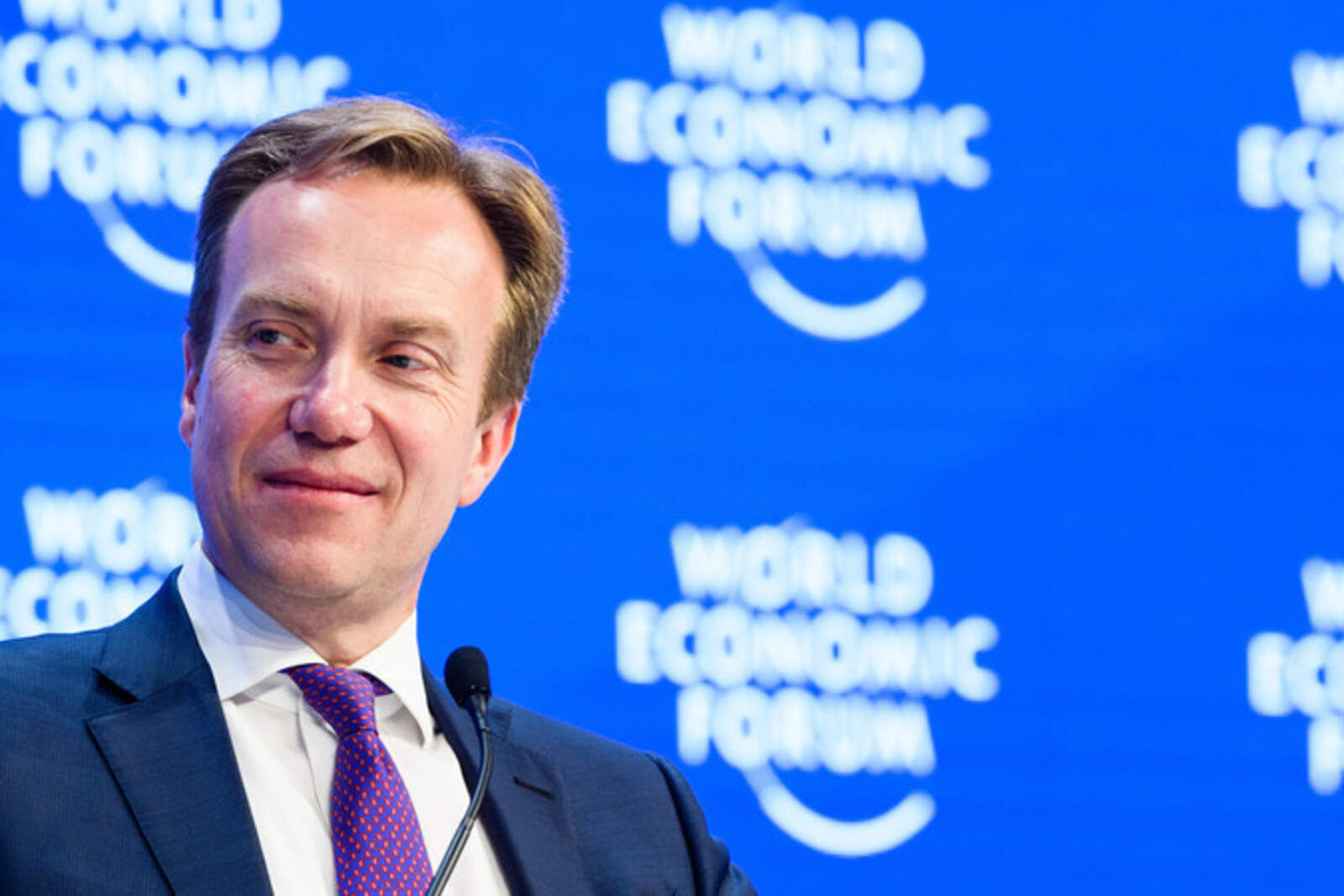Klaus Schwab, founder of the World Economic Forum (WEF), has announced that he will begin the process of his retirement as chairman of the organization's board, a few weeks after the forum pledged a restructuring following an investigation into workplace discrimination.
In a letter addressed to board members, confirmed by several sources, Schwab explained that, despite the recent turbulence, the forum must regain its "sense of mission."
In an internal email sent to board members, Schwab highlighted that, despite recent challenges, the WEF remains "more important and relevant than ever" in the current context.
He also emphasized that the organization is "very well financially equipped" thanks to a ''successful'' economic management since its inception.
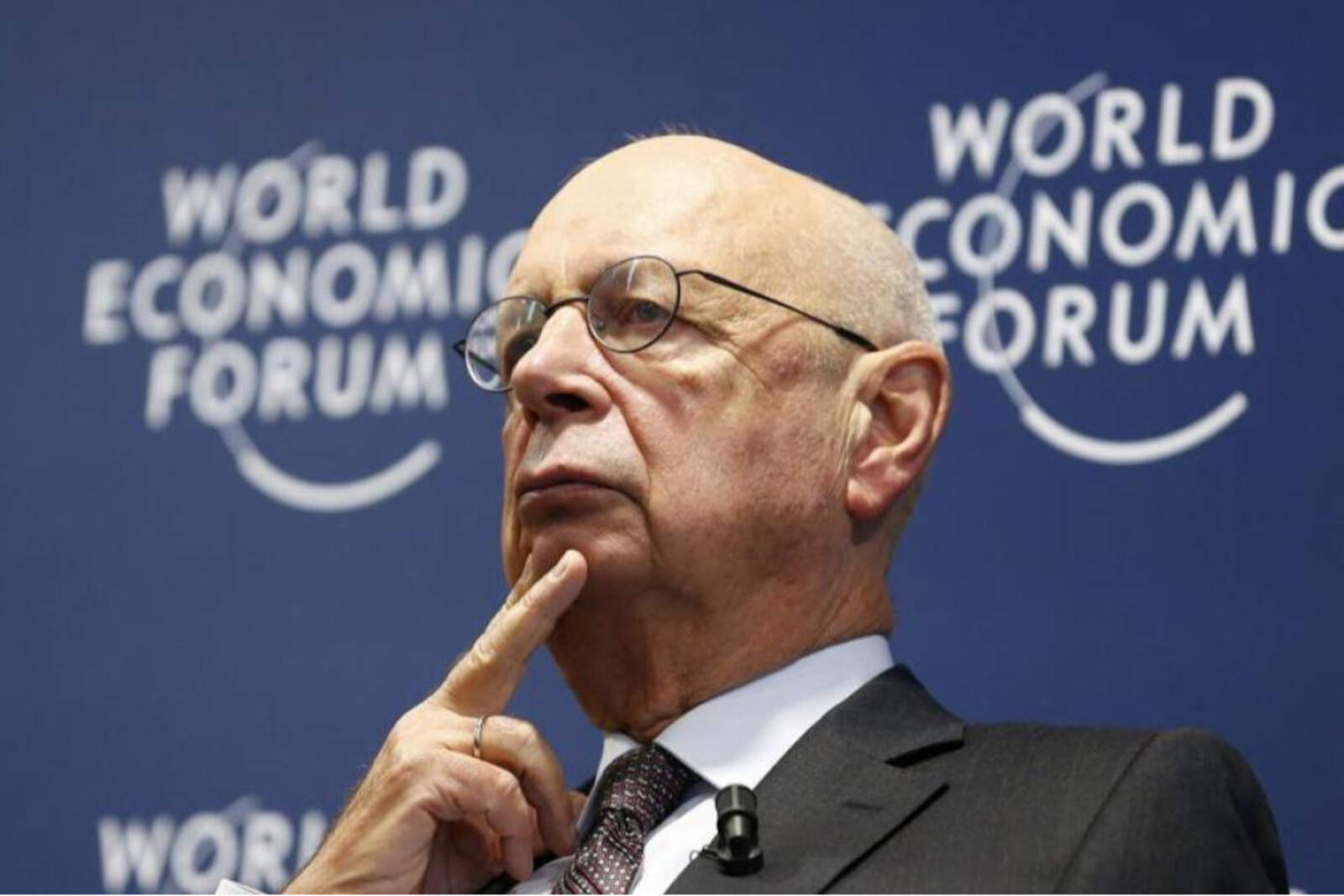
However, he stressed that it is now essential to refocus on the forum's original mission, although he did not specify whether the "turmoil" he referred to was related to Donald Trump's large second term or the internal investigation into the WEF.
This announcement came the day after Trump announced a series of tariffs on U.S. imports and reciprocal tariffs that have caused uncertainty in the markets and the international trade system. Although Schwab did not give a specific date for his retirement, the WEF stated that the process should be completed by January 2027.
Schwab's decision to step down as chairman of the board was a surprise, as he had taken that position just a few months ago. Schwab's transition to non-executive chairman was seen as a significant change, given that he had led the forum as executive chairman for more than half a century.
The World Economic Forum, famous for its annual conference in Davos, Switzerland, is one of the most important events for business and political leaders, and plays a crucial role in promoting global collaboration and solving political and trade issues.
